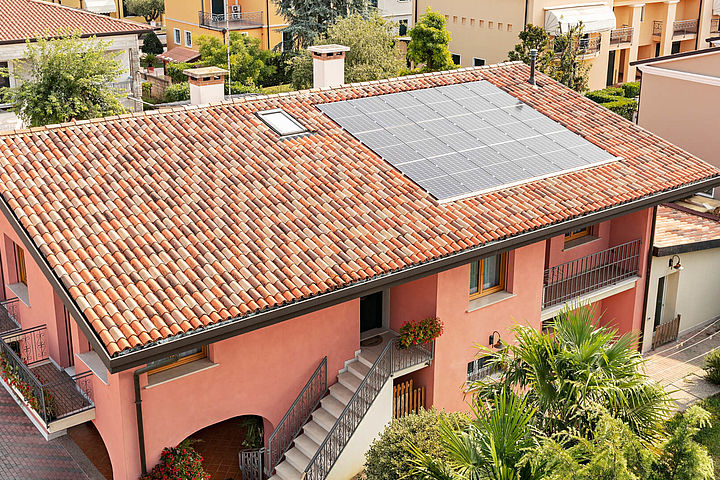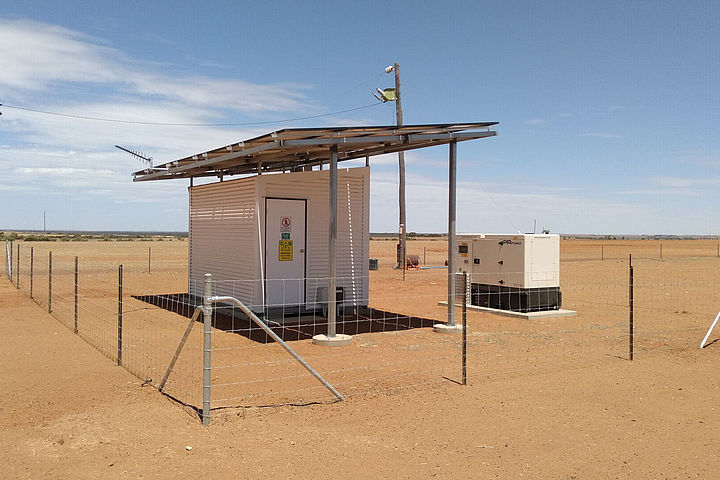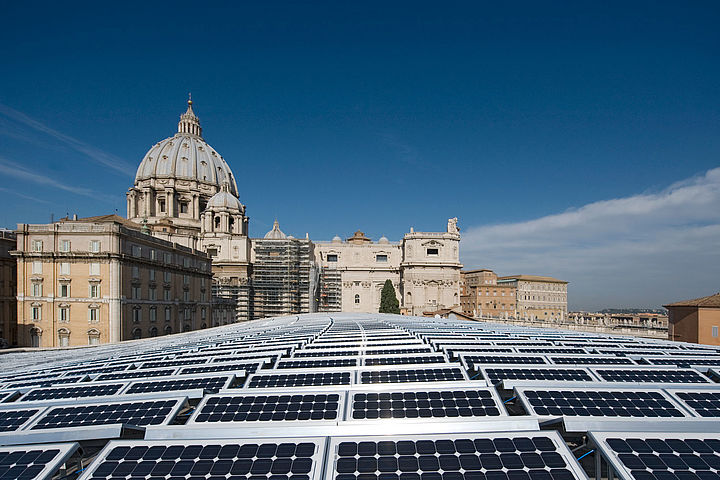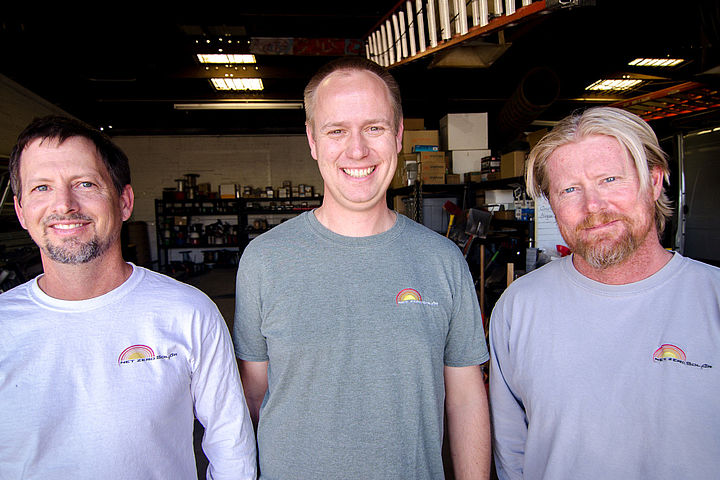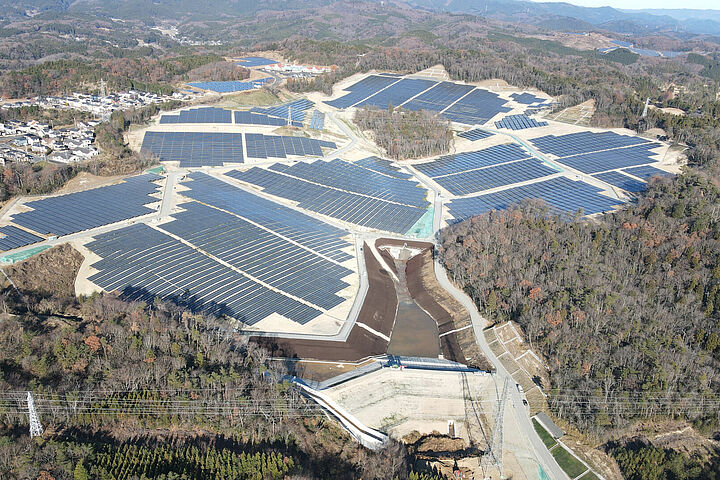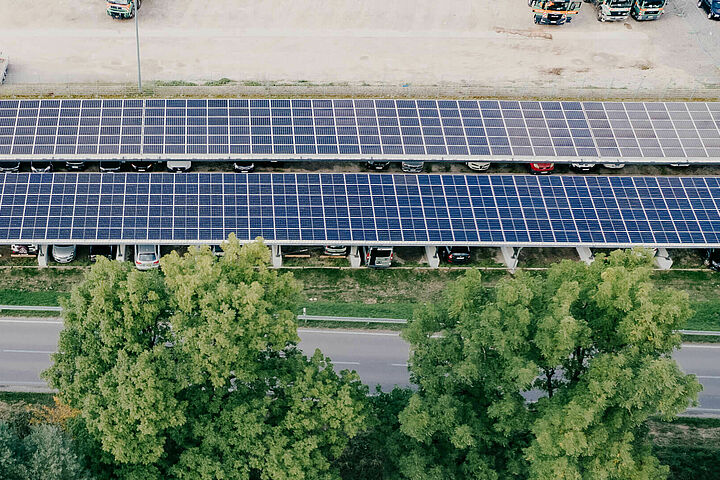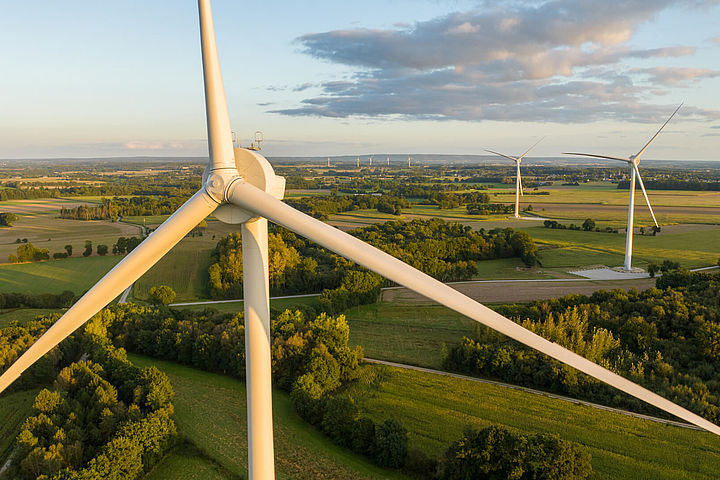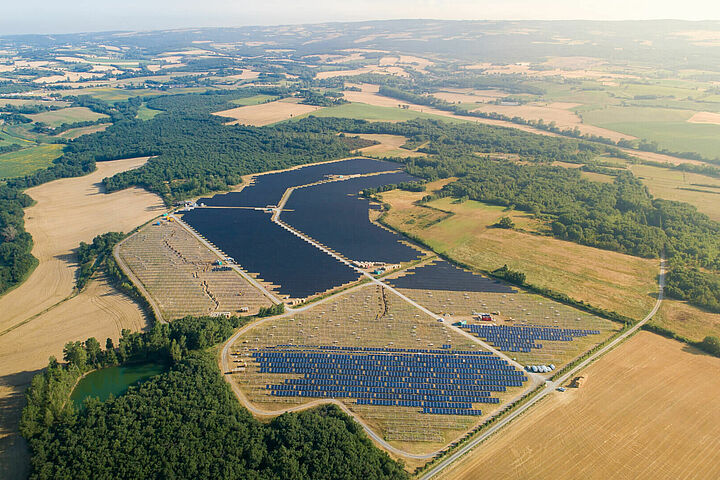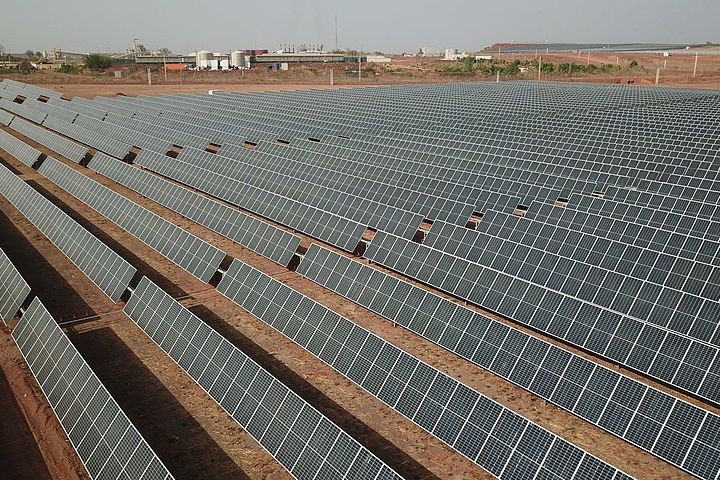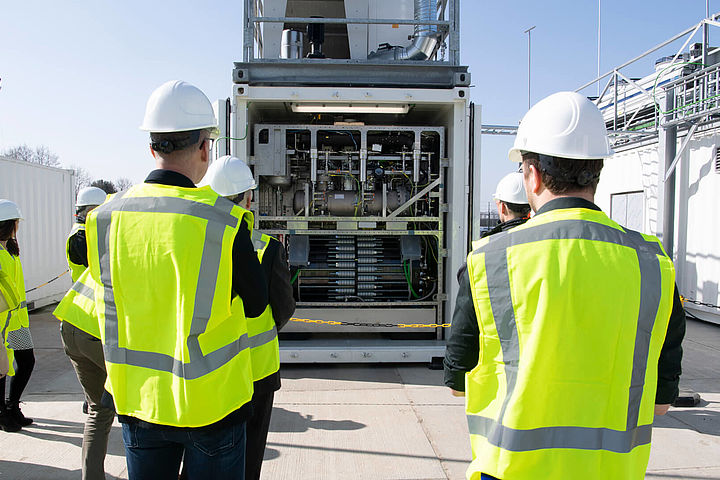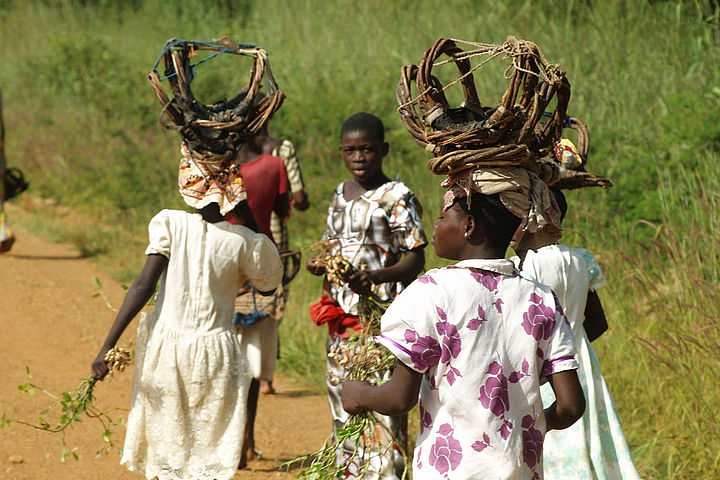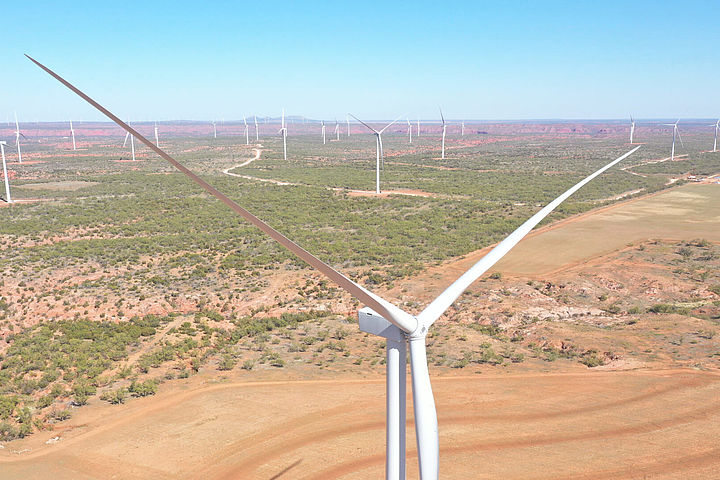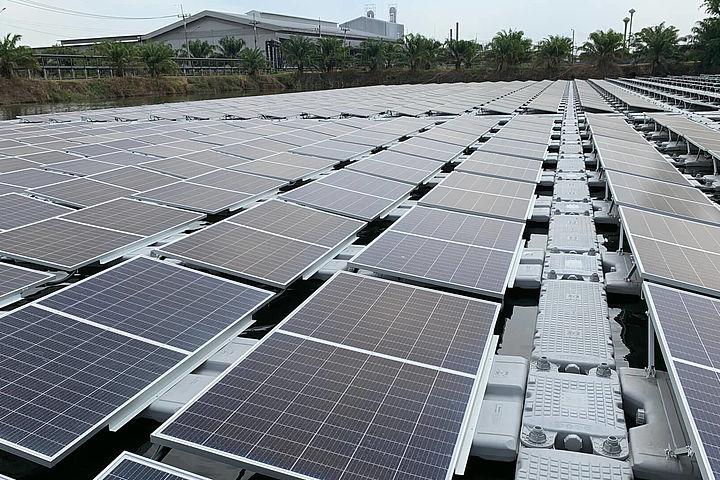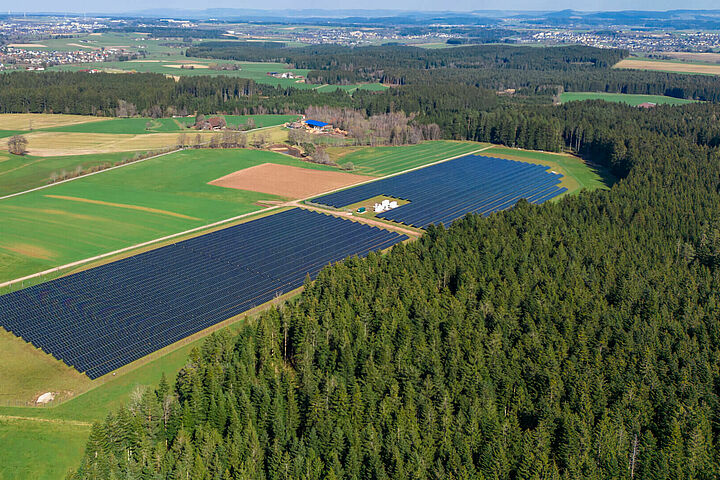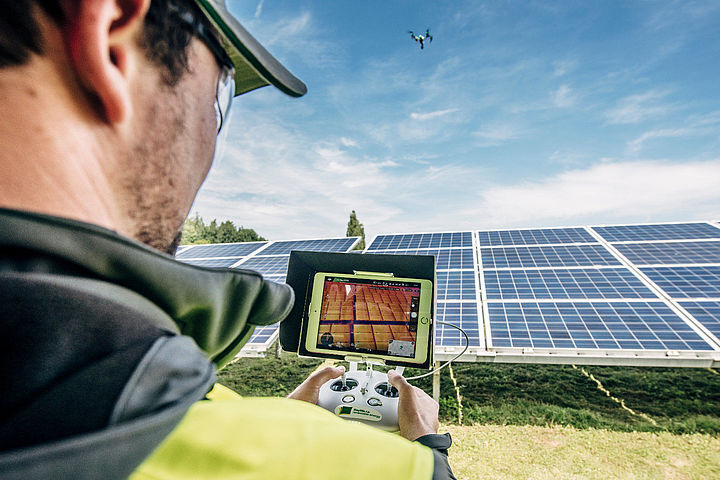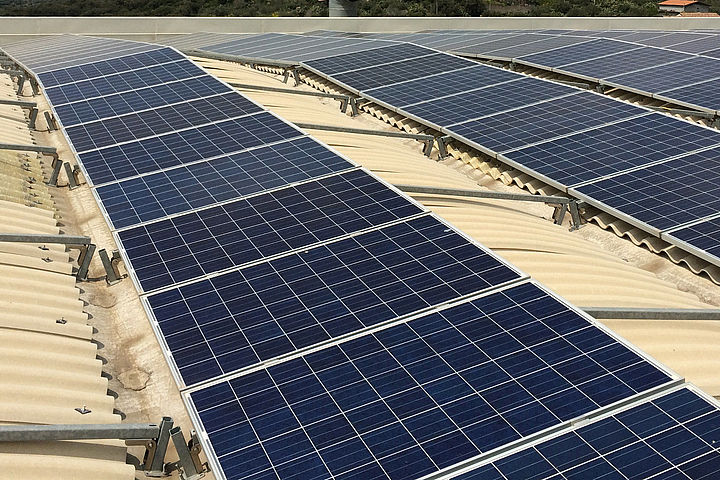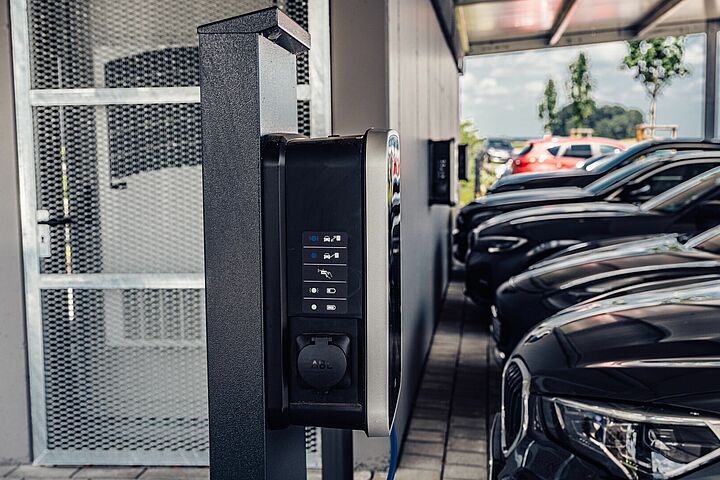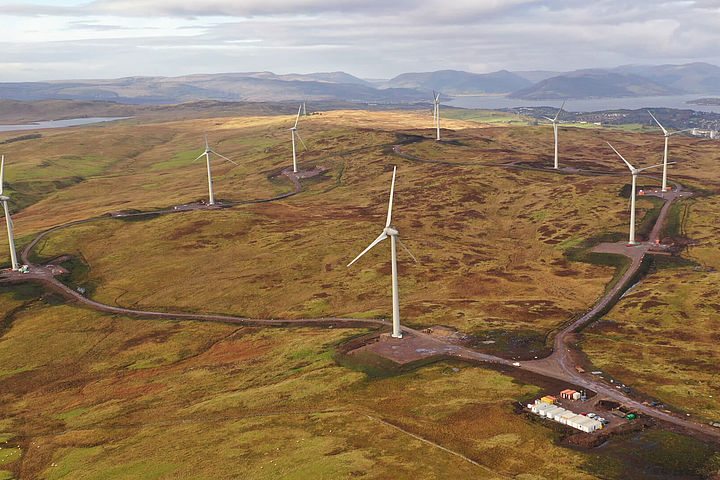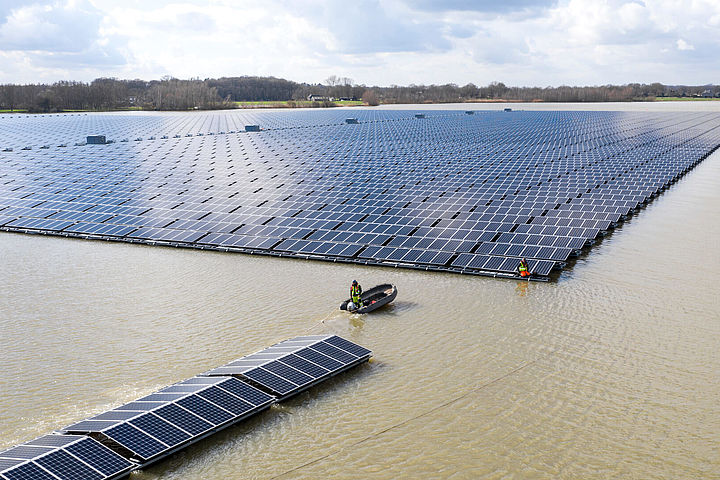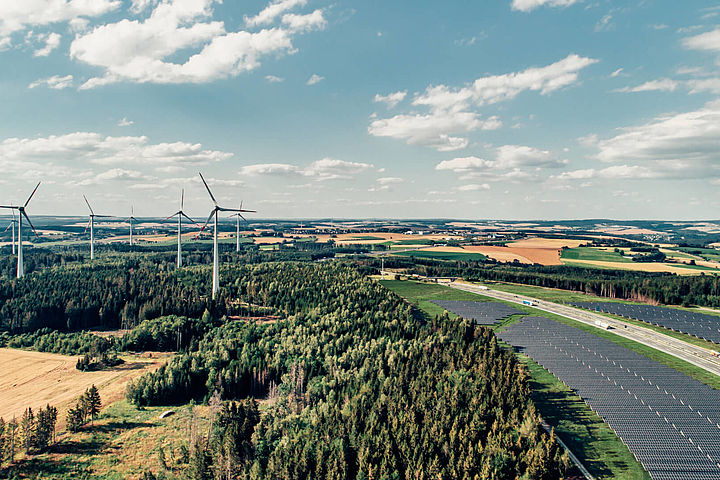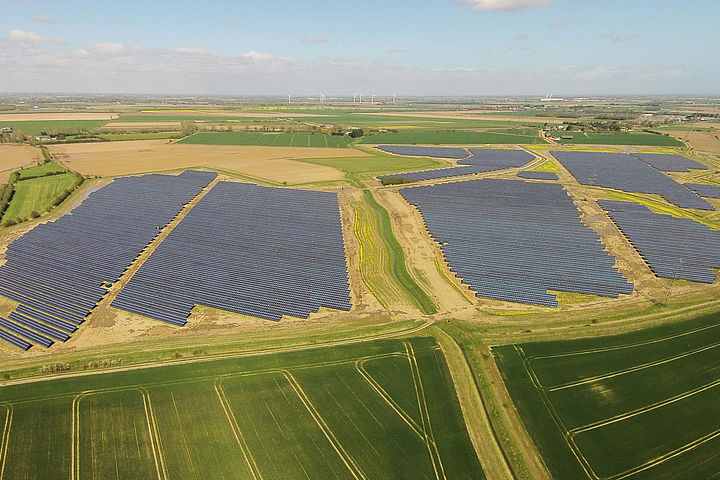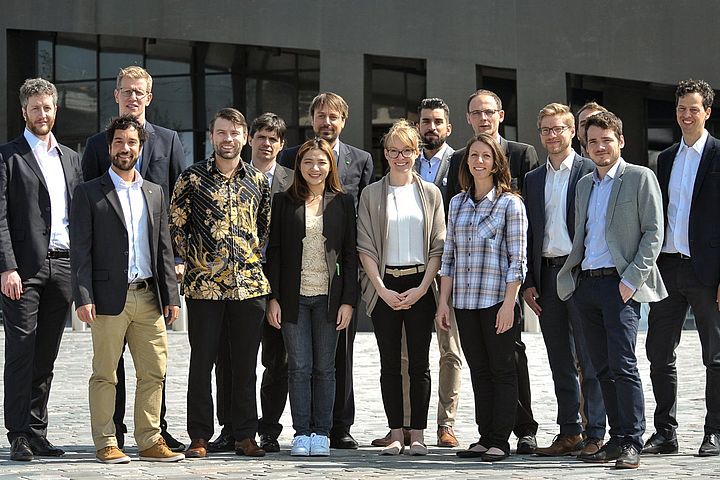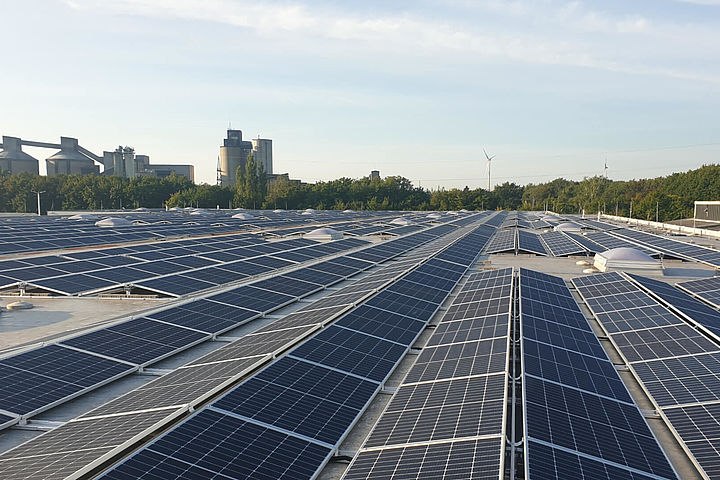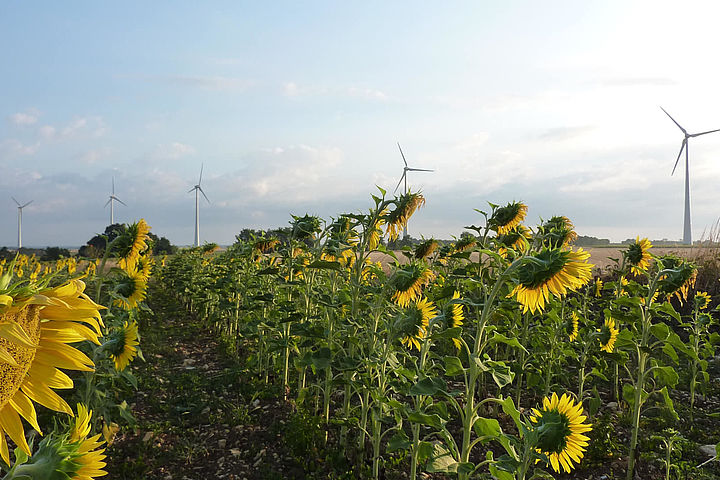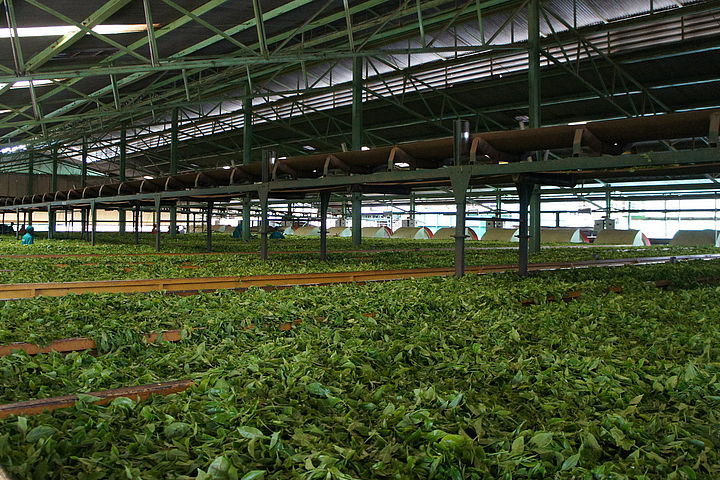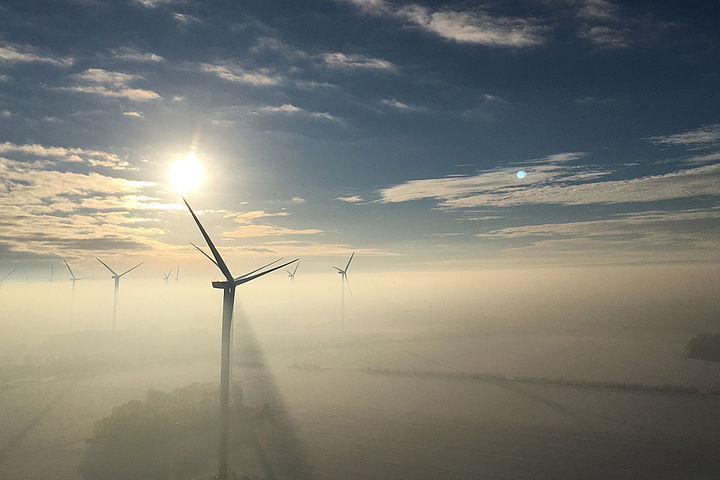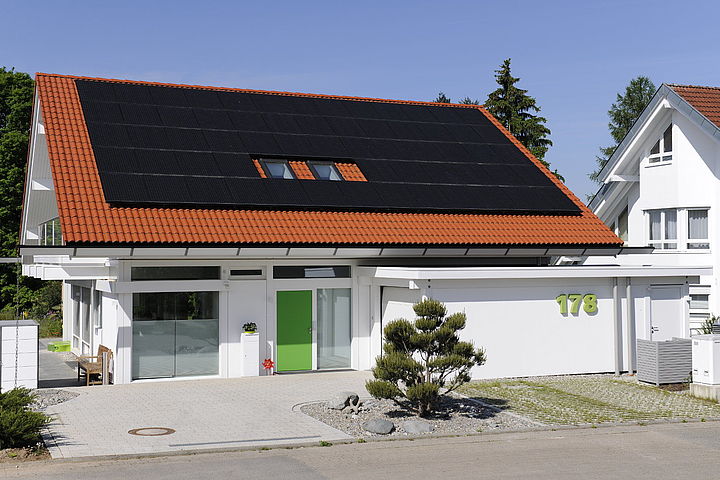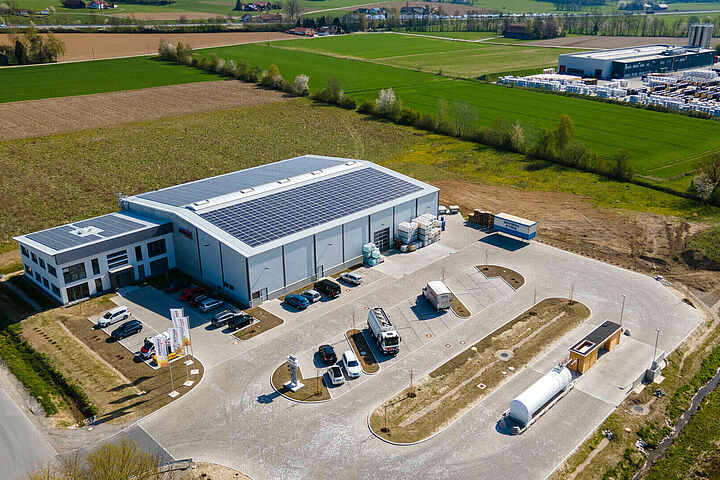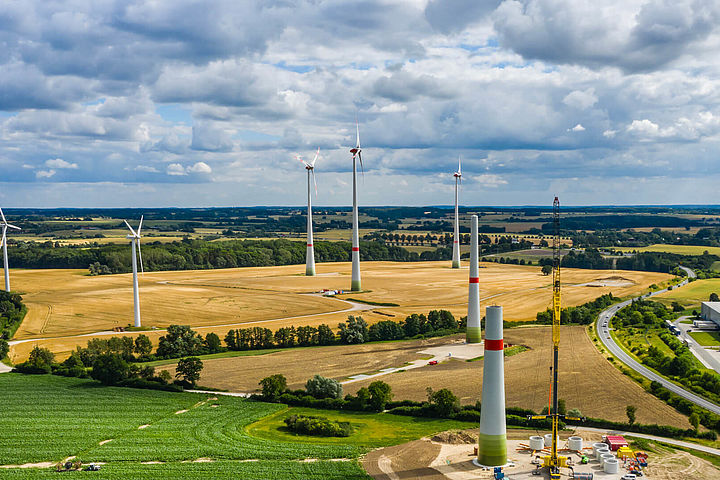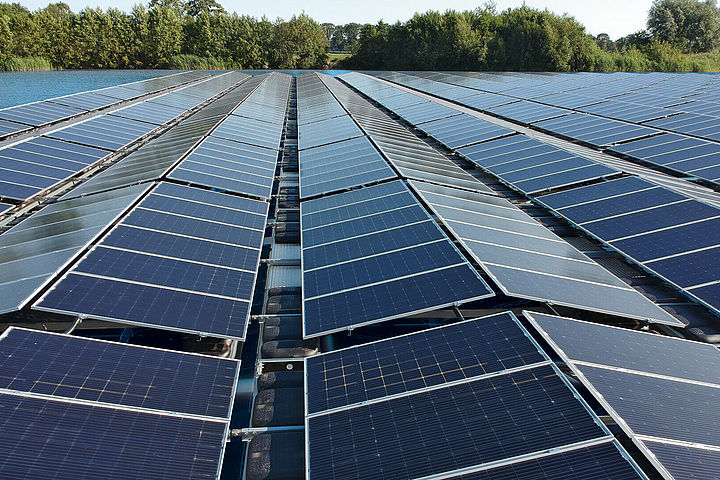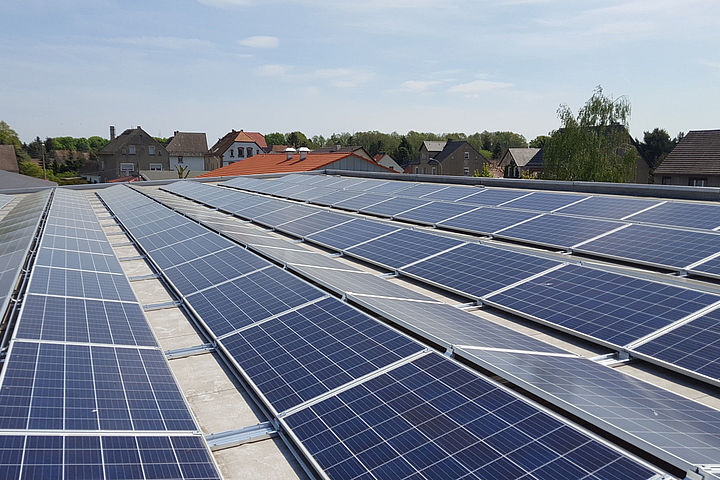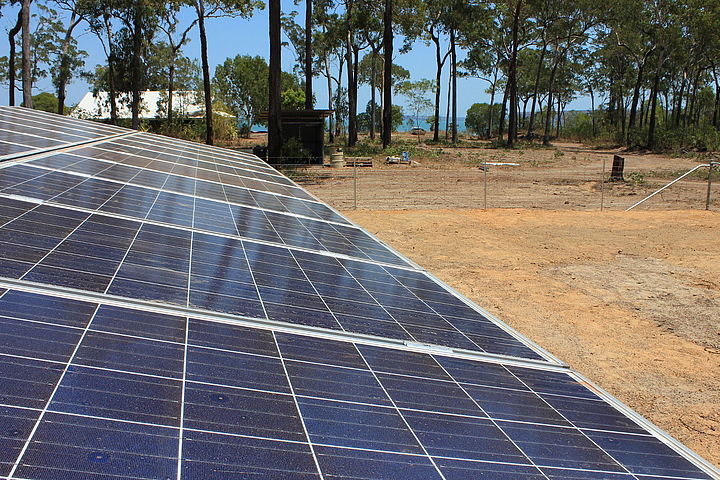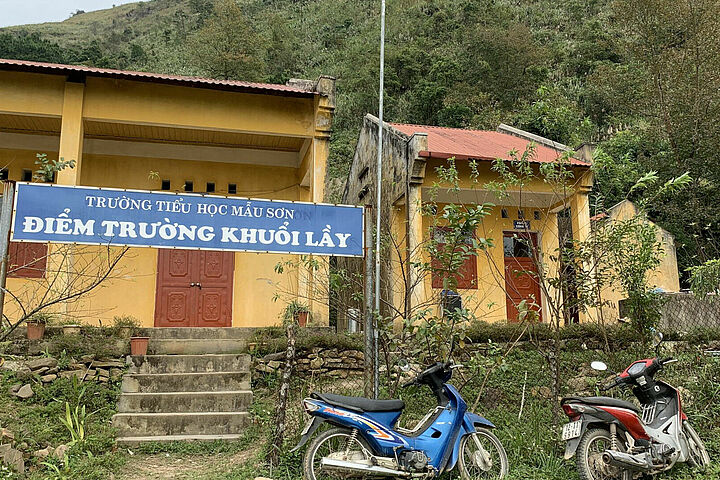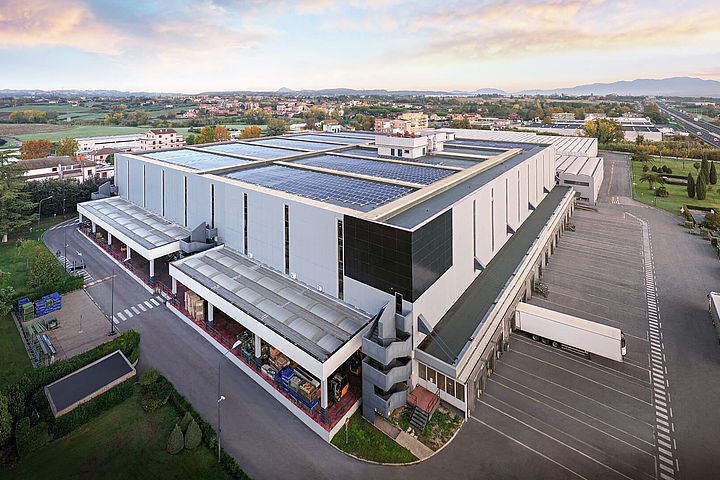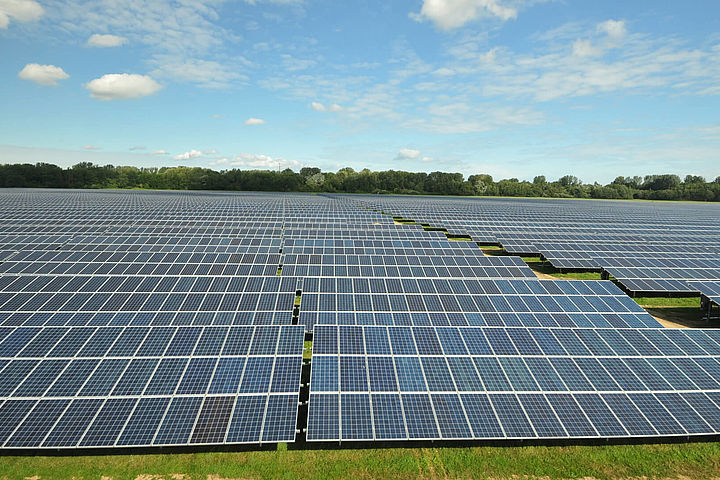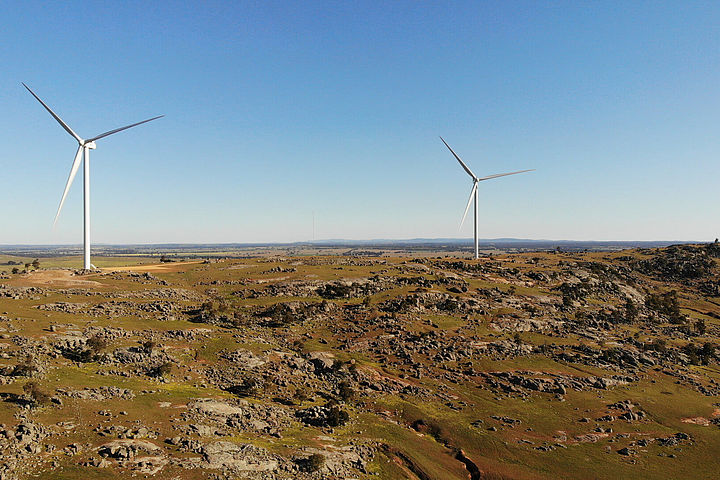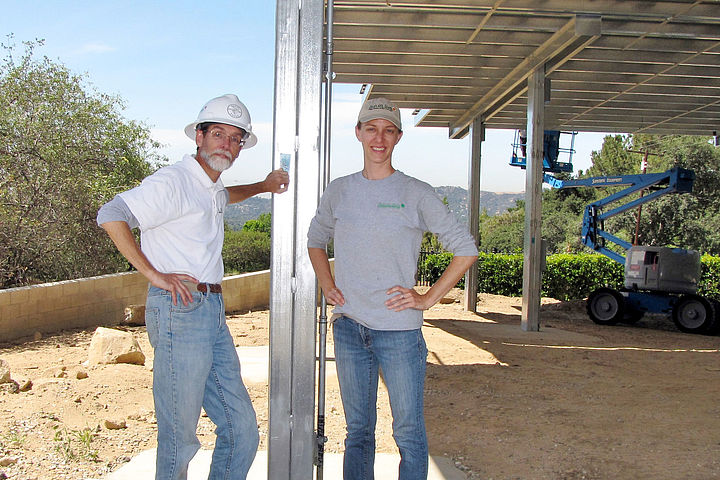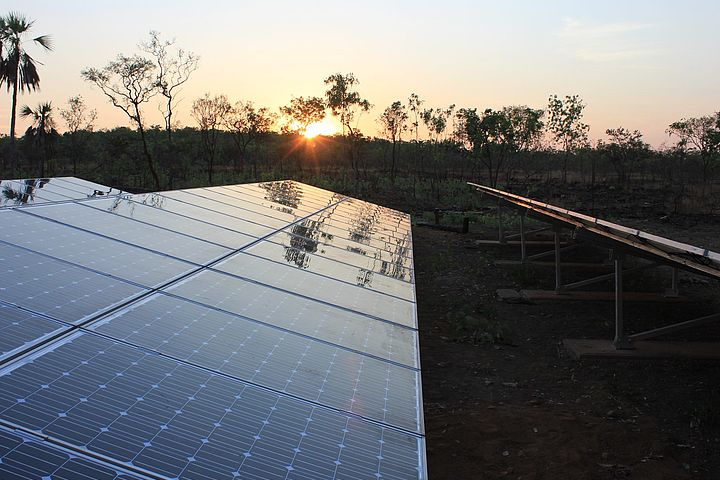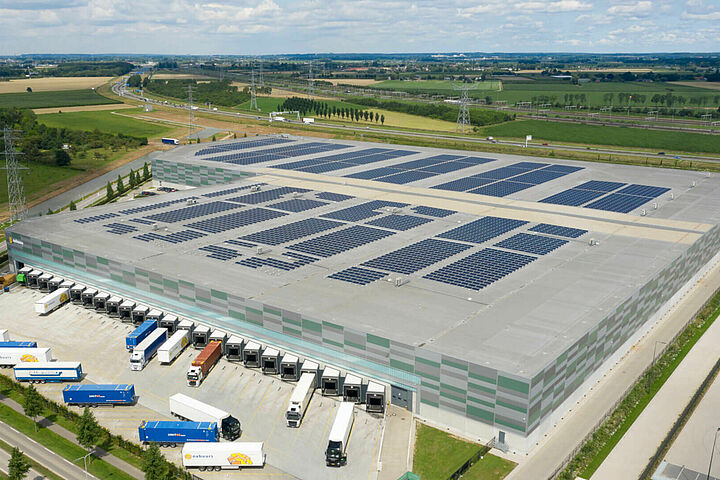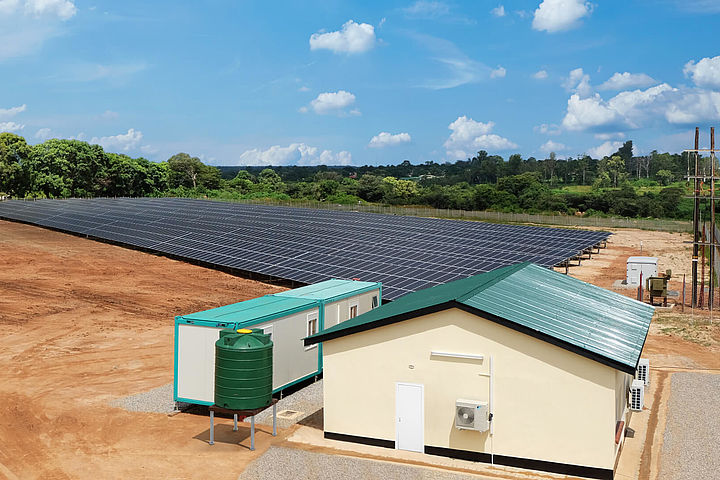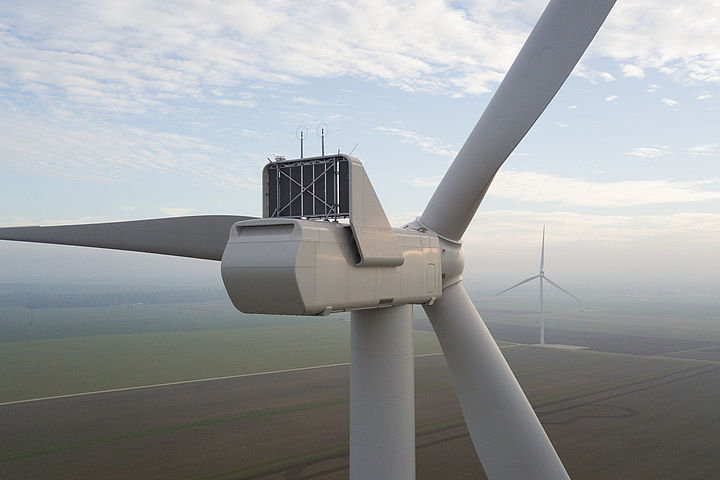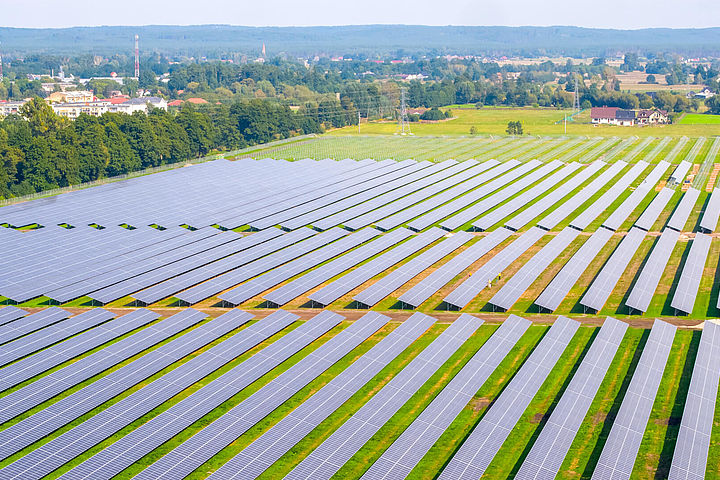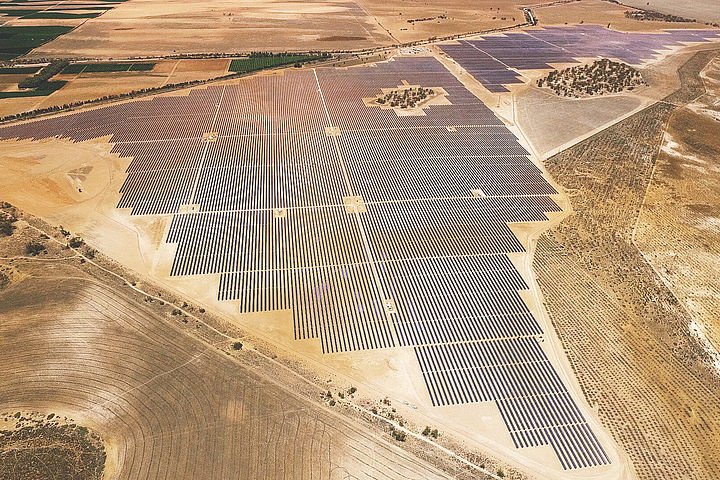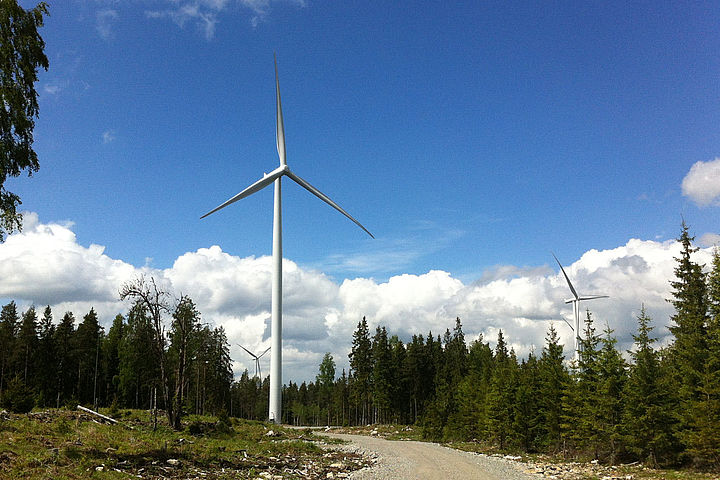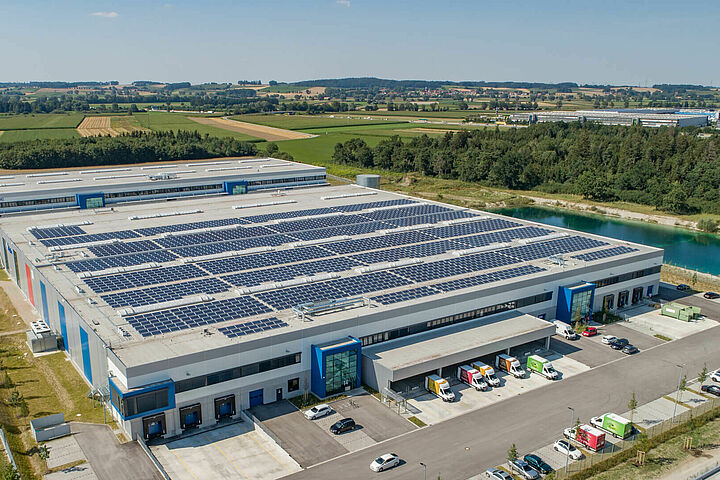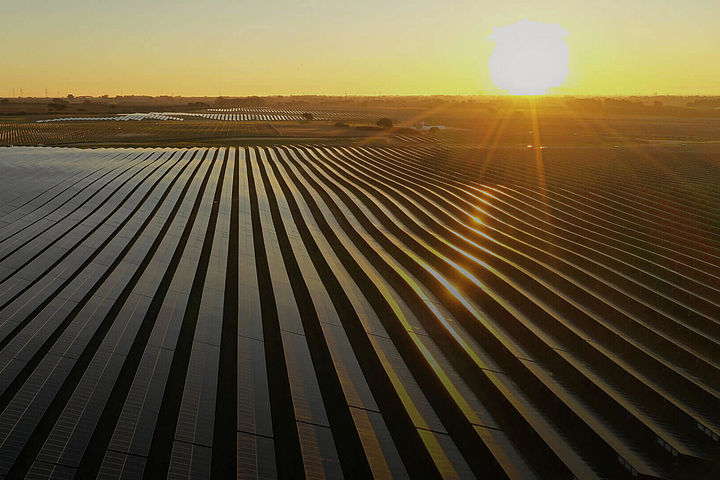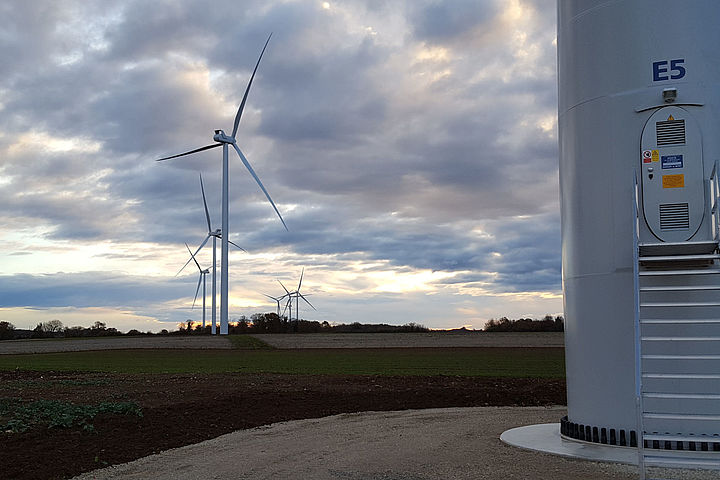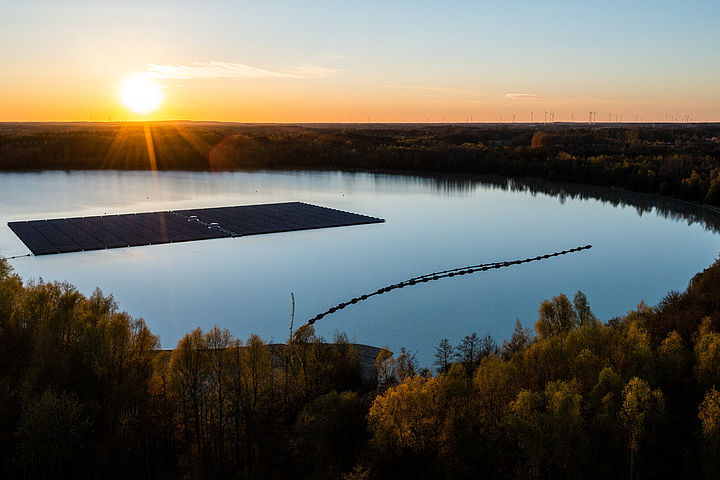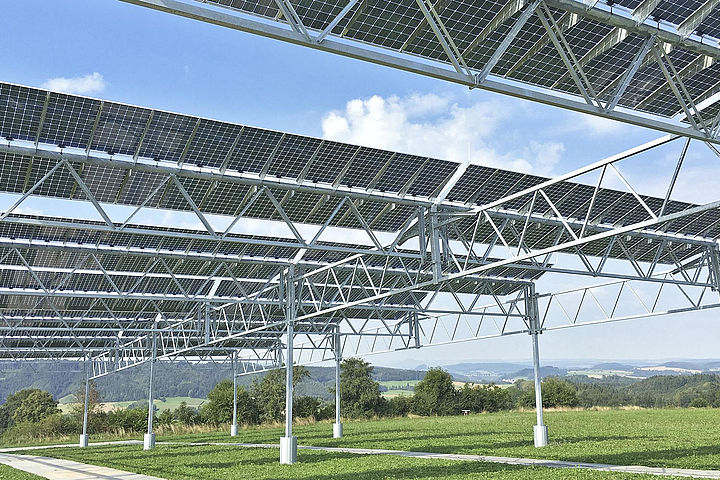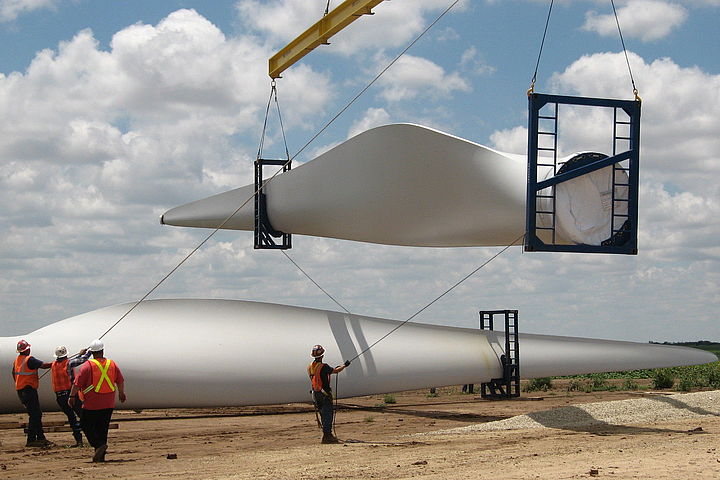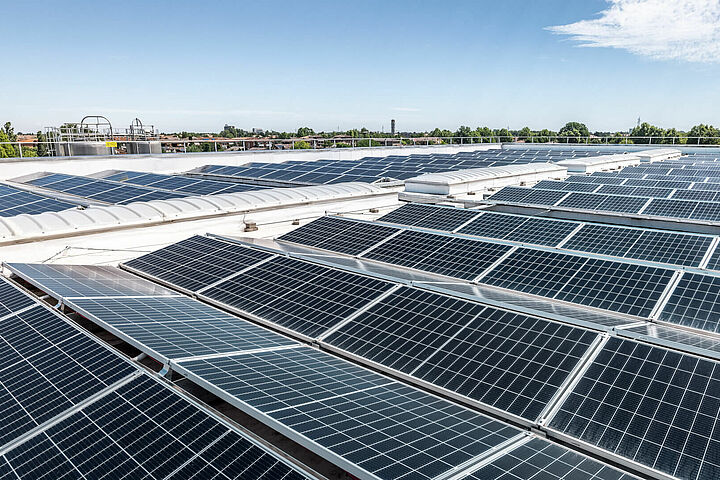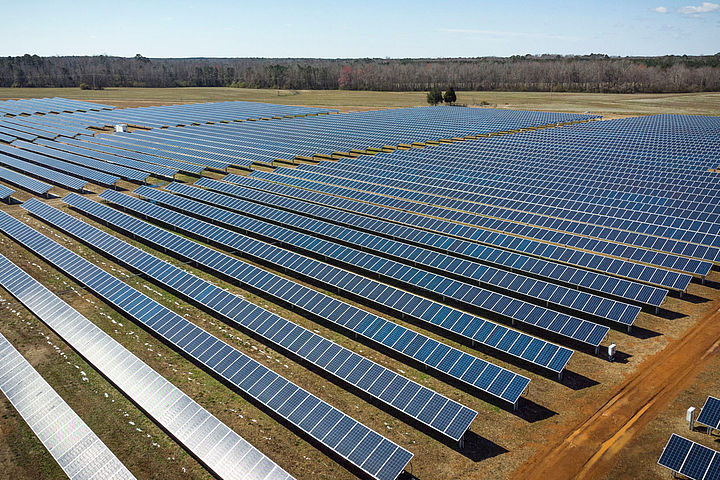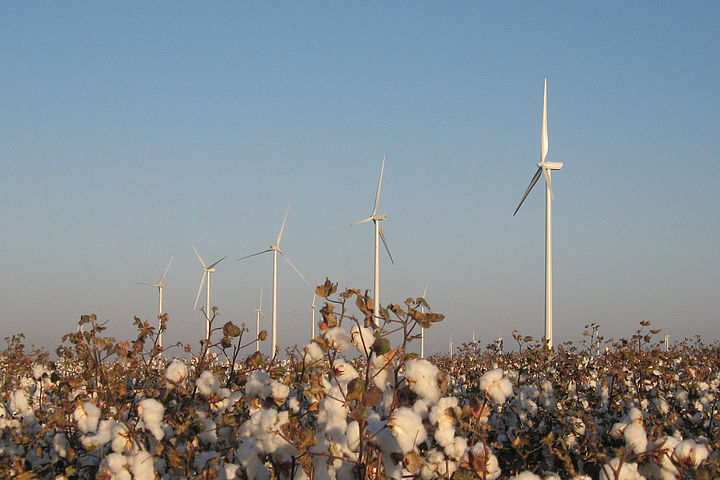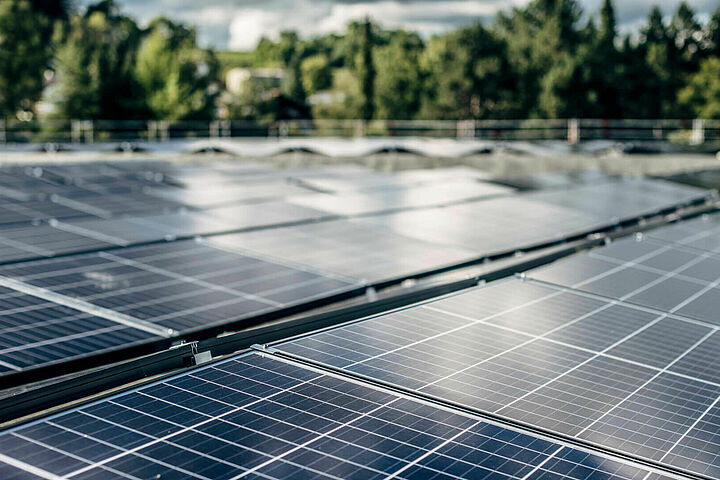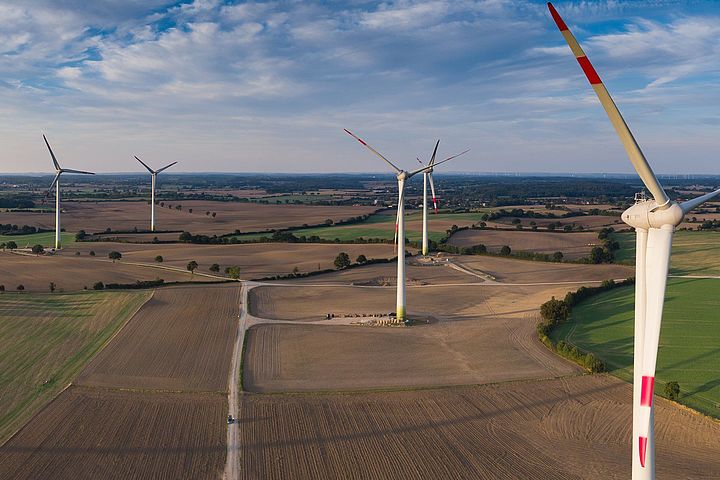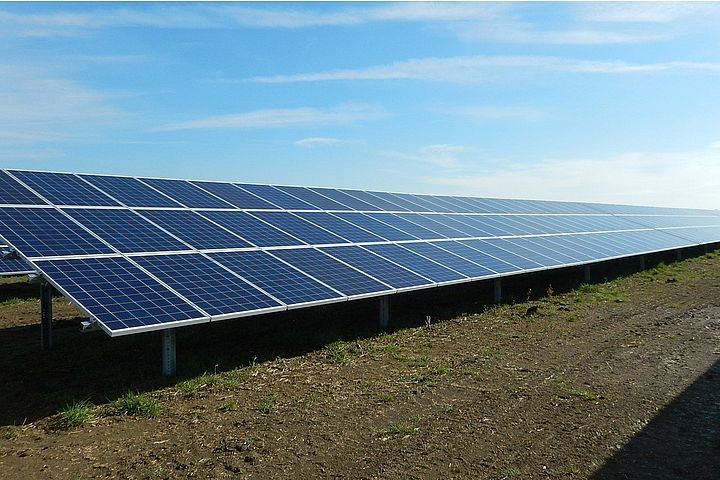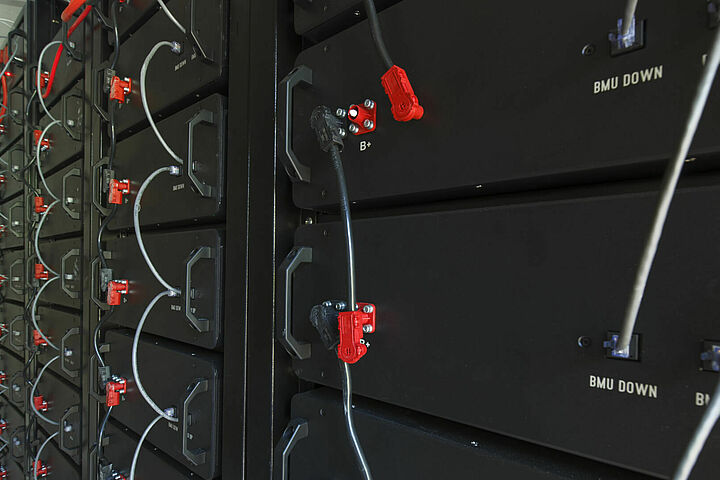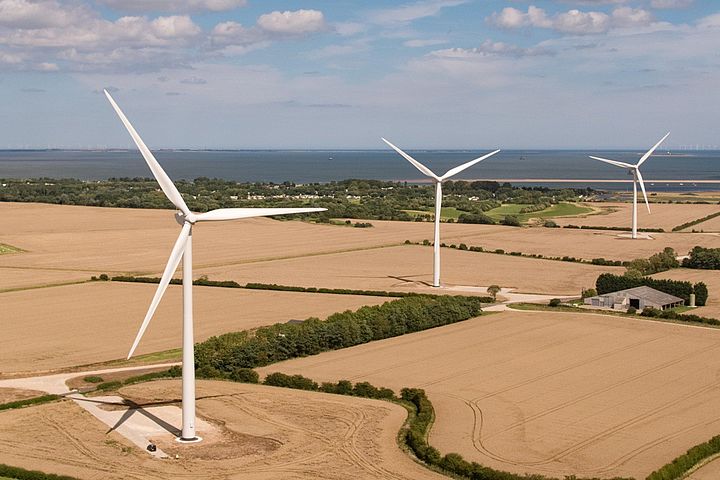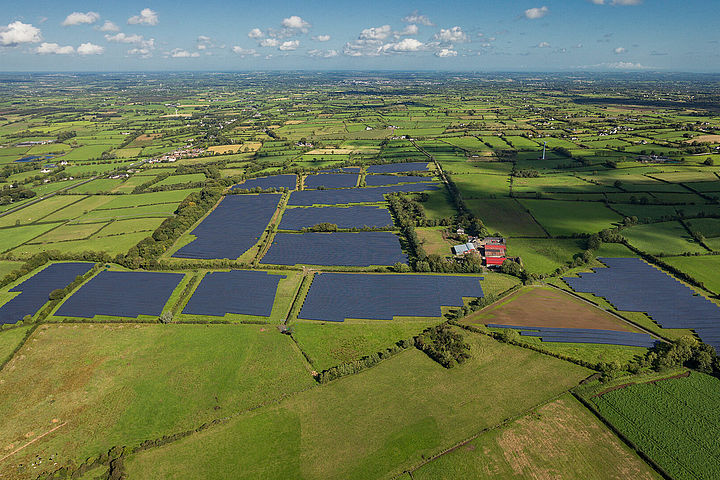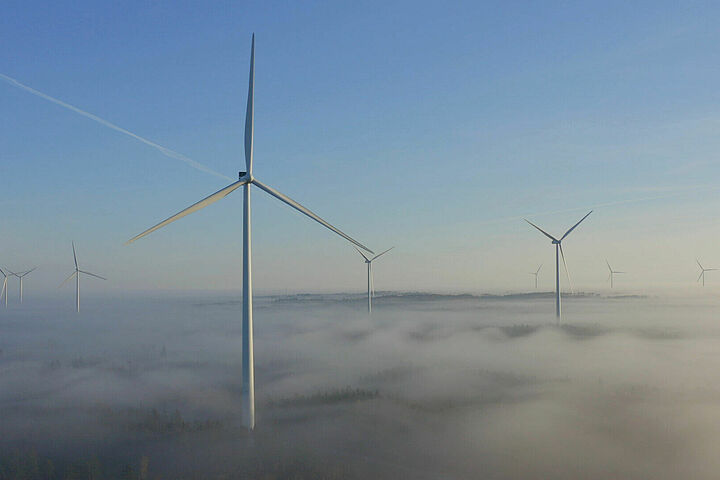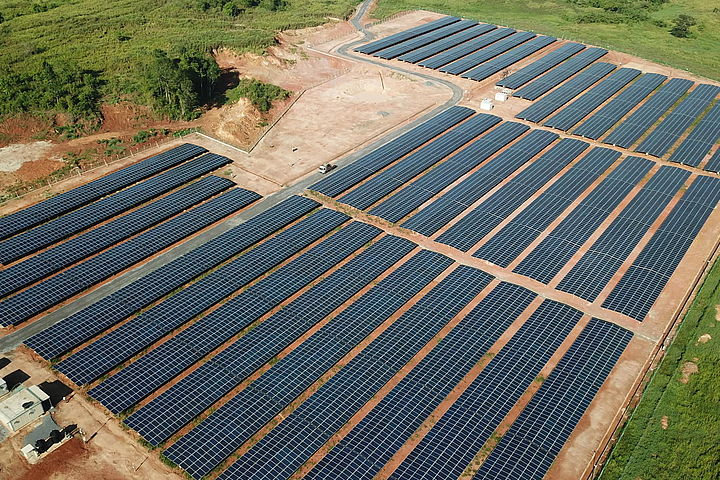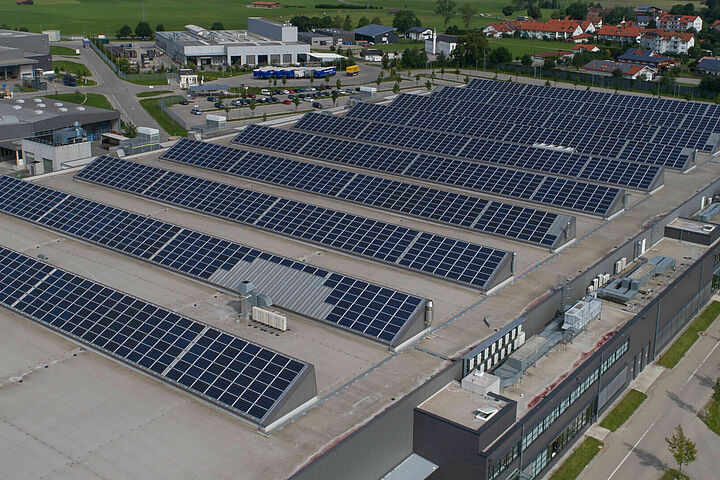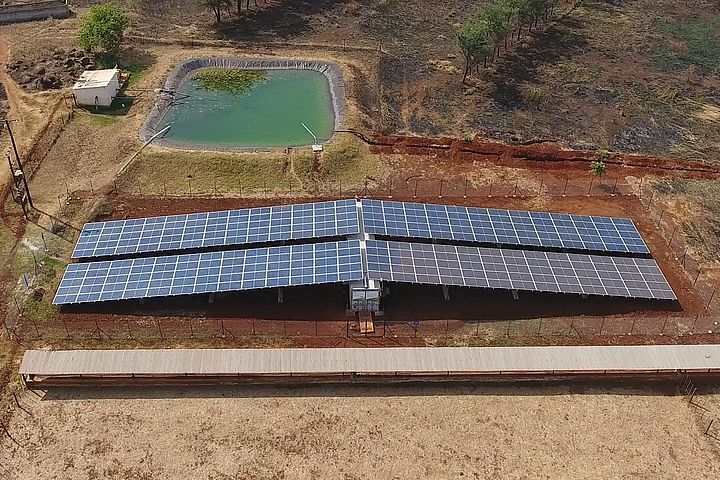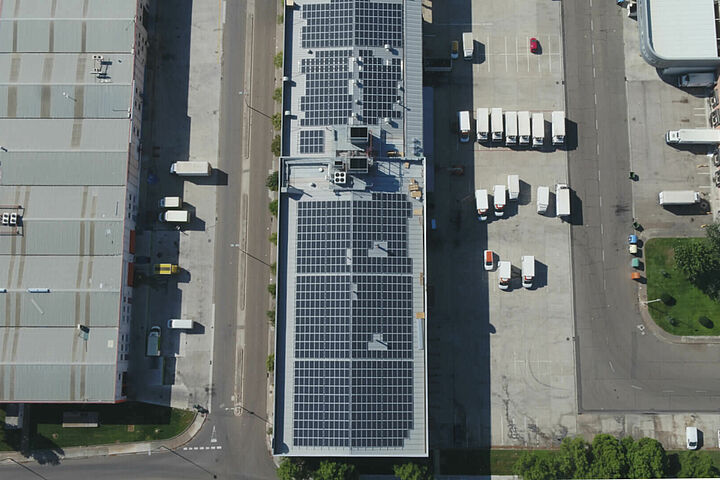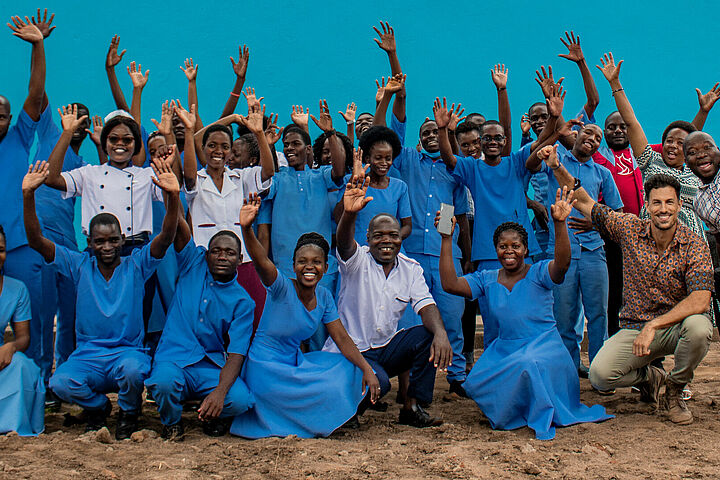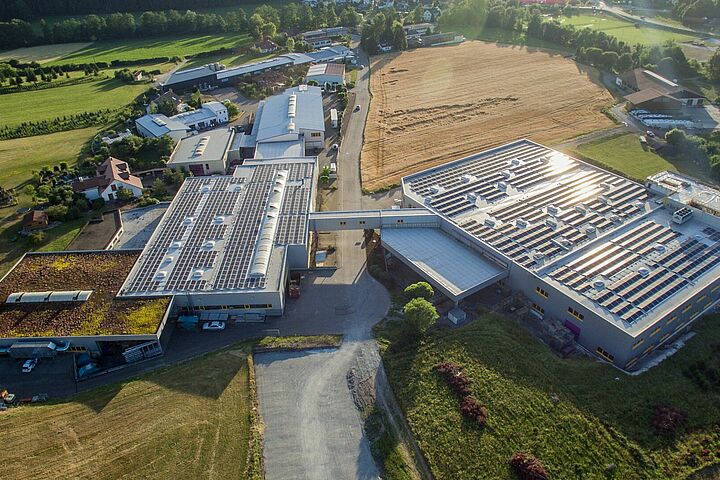When schools generate green energy
01—
Setting the scene
Together with BayWa r.e., the Brussels region is forging a new path when it comes to the sustainable energy supply of public buildings.
In the municipality of Woluwe-Saint-Pierre in the east of the Belgian capital, a total of seven municipal buildings in seven different locations are being equipped with solar rooftop installations to help meet sustainability objectives and drive down energy costs.
It’s a story of collaboration and what can be achieved when committed parties come together to achieve shared goals. Once fully commissioned, the installations will produce approximately 635,000 KWh of green energy per year.
02—
Meeting the Challenge
Since August 2017, the Belgian photovoltaics specialist Soltis has been working together with BayWa r.e. to install a total of seven solar self-consumption systems on the roofs of schools, cultural meeting points and urban hall complexes across Brussels.
The project is being financed through a unique cooperation. Soltis is covering one third of the costs, and the remaining costs are being covered by the investor Pando and a citizen cooperative, Energiris. Within the cooperative framework, private individuals also have the opportunity to contribute to the financing and benefit from the returns of the urban PV systems.
The special grid configuration in some of Belgium’s municipalities is a particularly difficult challenge. Typical three-phase inverters were not an option as they would not work on the grid without a zero conductor. To overcome this, a special new inverter developed by SolarEdge in 2017 will be used. The three-phase inverter has been designed specially to work with this type of grid configuration and will be used in 80 percent of the systems installed.
With so many different sites, spread over Brussels, we also worked closely with Soltis to coordinate with logistics to ensure that the products for each installation were there exactly when needed.
03—
Getting the result
With a payback period of just under six years, the “Brussels School Project” is a prime example of a sustainable energy project in an urban area which benefits the environment and all project partners involved:
The municipality of Woluwe-Saint-Pierre can use the electricity it generates for self-consumption and also profits from the rent income which the investors pay for the rooftops provided. The investors’ returns come from green promotion certificates which are issued for a period of ten years by the city of Brussels.
The Brussels School Project is a win for all project partners: Our collaboration with BayWa r.e. has enabled us to provide the municipality of Woluwe-Saint-Pierre with a high-quality and cost-efficient full PV concept and, therefore, a contribution to the sustainable design of the city of Brussels.

